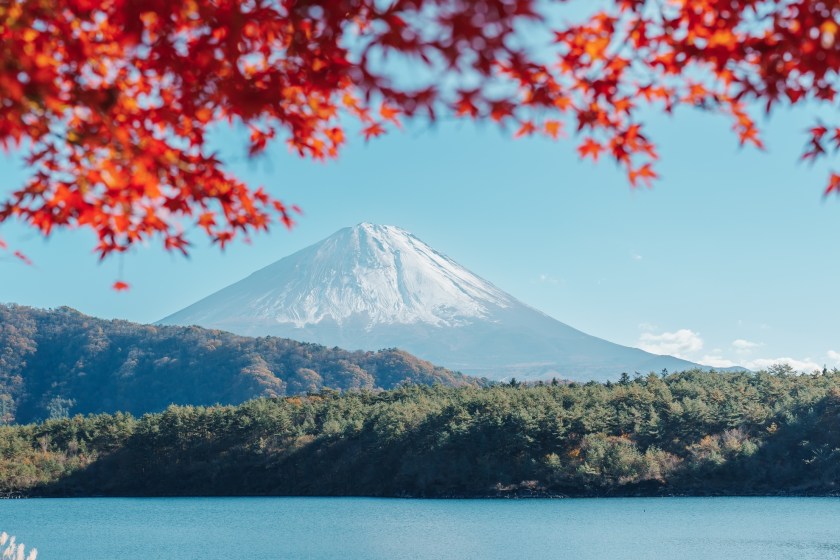With tourism skyrocketing, Japan has had to take action. While tourism is significant for the economy, it can also have its drawbacks. With its highest number of tourists ever in 2024, Japan has set its sights on increasing tourism in the years to come. However, they are struggling to find a way to meet the demand of all those who visit, without disrupting those who live there full-time. Now, Japan shares its plan on how to tackle overtourism, but I am not sure everyone will like it.
How Japan Plans To Tackle Overtourism
With an increasing number of tourists visiting the beautiful country, places such as restaurants, theme parks, and other attractions are experiencing a surge in popularity. However, with higher demand and no increase in supply, only one thing can happen: prices skyrocket. Many locals were frustrated that the frequent tourism was driving up the prices of places that they often frequented. In an attempt to create a "win-win" scenario, Japan has hinted at a "two-tier" pricing system to battle overtourism.
The NY Post shares that this "two-tier" pricing system would charge tourists a higher rate for services and experiences than Japanese citizens. The hope is that by implementing this, Japanese people will still get to enjoy domestic tourism without the increasing prices. Additionally, Hokuto Asano, first secretary at the Embassy of Japan in Washington, D.C., had an interview with Fox News Digital on the matter. He stated, "But there should be a difference in the taste or preference between Japan and Japanese people and international tourists. There should be a difference in the price and also the product or service for international tourists." While I feel that this makes sense, I am sure someone, somewhere, will be upset about having to pay more.
Japan Is Not Against Tourists

Shutterstock Image
While Japan is actively trying to combat the issues associated with overtourism, it is not against tourists. On the contrary, the NY Post shares that in 2030, they hope to reach their goal of 60 million tourists annually. However, they do hope that some aspects of tourism will change. One such issue is the lack of respect. Mount Fuji is one of the most visited and climbed sites in Japan; however, now it is being dubbed "trash mountain." It received this unfortunate nickname due to the piles of garbage now atop the world-famous landmark.
Most of this trash is left behind by tourists who do not care about the mark they leave. However, many tourists complain that Japan has a limited number of trash cans. Regardless, I don't think it is appropriate to litter. Additionally, Asano shared that the limited number of trash cans is a safety measure to help "counter terrorism." Rather than bash these tourists for their lack of respect, Asano hopes to share Japan's culture, values, and traditions with them. To remind people, it's not just about your trip, but this is someone's home and way of life.




